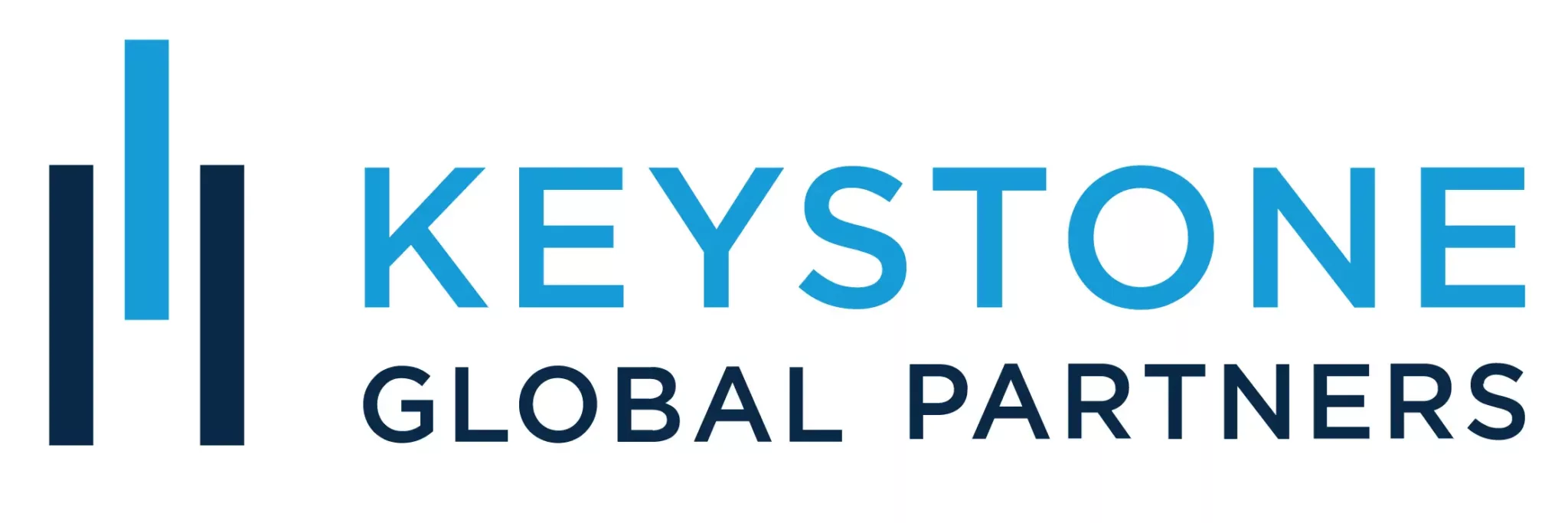This article was originally published on Forbes.com on December 4, 2019. Written by Peyton Carr.
For founders and early employees of private companies seeking liquidity, a tender offer is an attractive solution. As private companies extend their time to IPO, the financial pressures of holding illiquid equity can become overwhelming, particularly in high-cost markets.
A tender offer provides a structured mechanism to sell pre-IPO shares while preserving the company’s strategic direction and founder alignment.
Unlike informal secondary transactions, a tender offer establishes a structured process where founders can sell private shares through a company-sponsored or third-party-initiated program at a set price, which is usually linked to the 409A, although it can sometimes be higher if the tender offer occurs alongside a new funding round. This method has become increasingly popular among venture-backed companies as both a recruitment tool and a way to provide structured secondary liquidity to key stakeholders.
What is a Tender Offer?
A tender offer is a formal proposal to purchase shares from existing shareholders at a specified price within a defined timeframe. In the context of private companies, a tender offer typically involves either the company itself, a major investor, or a third-party buyer. One makes an offer to purchase shares from stockholders who want to sell pre-IPO stock.
The process differs from other secondary stock sale options because it provides uniform pricing, standardized terms, and regulatory oversight. While informal secondary transactions often involve individual negotiations and varying prices, a tender offer establishes consistent terms for all participating shareholders looking to sell private shares.
Who Is Eligible to Take Part in a Tender Offer?
If you already own shares in your company, participating in a tender offer is relatively simple. You have the choice to sell some or all of your shares at the offered price.
If you hold vested stock options that haven’t yet been exercised, you might also be eligible to participate, depending on your company’s rules for the tender offer program. Often, you have the option to exercise your vested options, essentially turning them into actual shares, and then sell those shares during the offer. This process can allow you to convert your stock options into cash quickly.
Some companies may even offer what’s known as a “cashless exercise.” Instead of paying the money up front to exercise your options, the exercise cost is subtracted from your sale proceeds, so you don’t have to come up with the exercise funds out-of-pocket. In this scenario, the exercise and sale occur in a single transaction, making it easier for you to participate in the tender offer without needing to front additional capital.
A Case for Creating Liquidity Through Tender Offers
Founders invest substantial time, energy, and often personal financial resources into their companies, yet the path to traditional liquidity events can extend for years. The psychological and financial stress of this uncertainty can become a significant distraction when you’re living on startup compensation while holding illiquid equity.
Selling company stock through a tender offer can address these pressures without signaling lack of confidence to investors. By choosing to sell pre-IPO shares, founders can eliminate personal financial stress and maintain focus on scaling their companies. This approach often reduces the appeal of premature exits while creating a win-win scenario for founders and investors.
Tender Offer Rules and Processes
Navigating a tender offer requires understanding both the regulatory framework and the practical considerations that govern these transactions. The SEC has established specific rules to protect shareholders while ensuring orderly market function when participants want to sell pre-IPO stock. Also, companies often set qualifying criteria that determine who can participate, what the cutoff dates (record date) are, which share classes are eligible, and the total amount of shares permitted to sell based on the type of shareholder.
Key Considerations
Tender offers provide several advantages over alternative liquidity methods. They offer transparent pricing, regulatory protection, and efficient execution for multiple shareholders simultaneously. The structured nature reduces transaction costs and administrative complexity compared to secondary transactions where founders sell private shares.
When evaluating tender offer participation, tax implications require careful consideration. Optimizing taxes through proper structuring can significantly impact net proceeds, particularly regarding QSBS eligibility.
The tax treatment for company shares varies depending on the type and how long you hold them before selling. With Incentive Stock Options (ISOs), if you sell your shares at least one year after exercising the options and at least two years after the grant date, any profit is taxed at the lower long-term capital gains rate. Otherwise, part of the gain is taxed as ordinary income and may trigger the Alternative Minimum Tax (AMT). For Non-Qualified Stock Options (NSOs), you pay ordinary income tax on the difference between the exercise price and the fair market value at the time you exercise, and any additional gain upon sale is taxed as a capital gain, depending on how long you hold the shares after exercising. If your shares qualify as Qualified Small Business Stock (QSBS), typically C-corp shares held for at least 3, 4, or 5 years, you may be able to exclude 50%, 75%, or 100% of the capital gains from federal tax, depending on when you acquired the shares, and the length of time that you held the shares. This can provide a significant tax benefit. Understanding these holding periods and requirements is crucial for minimizing taxes.
Making Strategic Decisions
With tender offers, founders should evaluate their personal liquidity needs, diversification goals, and alignment with company objectives. The decision shouldn’t be about “cashing out” but rather about creating financial flexibility through strategic opportunities to sell private shares.
These decisions benefit from comprehensive exit planning centered around broader financial objectives. Working with an experienced wealth manager can ensure that tender offer participation aligns with long-term wealth preservation and maintenance of appropriate stakeholder relationships.
FAQs
What is the tender offer?
A tender offer is a formal process where a company, investor, or third party offers to purchase shares from existing shareholders at a specific price and within a limited time frame. Commonly used by private companies seeking to provide liquidity options for early employees and founders before an IPO.
What are the key benefits of tender offers?
- Liquidity: Allows early shareholders to convert private stock into cash before going public.
- Uniform Process: All participating shareholders receive standardized terms, ensuring fairness and regulatory consistency.
- Recruitment & Retention: Companies utilize tender offers as part of employee benefit packages to attract and retain top talent in competitive markets.
Why are tender offers important for pre-IPO companies?
Founders and employees often hold significant equity that remains illiquid until a major liquidity event like an IPO or acquisition. Organized tender offers address this by allowing controlled secondary sales, which support retention and provide financial flexibility. In 2025, this practice is widely adopted, especially as more companies delay going public, extending private holding periods for shareholders.
How do I sell pre-IPO shares?
You can participate in a tender offer through your company’s formal secondary sale program, if they have one. Eligibility and terms depend on company policy and your equity type.
Are tender offers safe?
Typically yes. These are company, or investor-approved transactions, usually structured with regulatory oversight to protect all parties. That said, it’s still important to consider all the information and review your situation with a financial planner. You can participate in a tender offer through your company’s formal secondary sale program, if they have one. Eligibility and terms depend on company policy and your equity type.
How are tender offer prices set?
The price is usually set through negotiation between the company and participating investors and often reflects recent company valuations, such as the price per share in the latest funding round. If a tender offer follows a funding round, the price may match or slightly discount the preferred share price, since shares sold are generally common stock with fewer rights than preferred shares. The company’s board must approve the final offer price before the offer is launched. Prices are often tied to recent valuations (such as 409A), or may hold a premium if they align with a funding round.
Can you refuse a tender offer?
Yes, participation in a tender offer is typically voluntary. If you receive a tender offer, regardless of whether it’s from your company, an investor, or a third party, you are not obligated to sell your shares. We recommend you carefully review the offer, its terms, and the price, and then decide whether to accept it, partially participate, or decline altogether.
What are the disadvantages of a tender offer?
Some would consider the disadvantages of a tender offer to include high legal and administrative costs, potential loss of control for existing shareholders, tax complications, pressure to sell within a short window, and possible shareholder disputes. It can also distract company leaders from core business operations and limit participation, leaving some shareholders unable to sell as much as they wish. But, if executed correctly, much of this can be minimized. Also, remember, you are not obligated to participate if you do not wish to.
What is the 20-day rule for a tender offer?
The 20-day rule means a tender offer must remain open for at least 20 business days, giving shareholders enough time to review, consider, and decide whether to participate. If the offer’s terms change significantly, it must be extended by at least 10 more business days to allow for further consideration.
If I participate in a tender offer, what will my tax rate be?
Your tax rate in a tender offer varies based on your equity type and duration of ownership. Profits might be taxed as ordinary income (at your own tax bracket) or capital gains, Long-term gains are taxed at lower rates if held for more than a year. If your shares qualify for QSBS and you’ve held them for five years, you could potentially avoid taxes on most or all of the gain.
How many shares should I sell in a tender offer?
How many shares you should sell in a tender offer depends on the company’s rules—often capped at 10–25% of your holdings—and your personal financial goals. Consider how much cash you need, your confidence in the company’s future, and potential tax consequences. Selling some shares can provide diversification and liquidity while letting you keep upside potential. Always review the offer terms and talk to a financial advisor to make the choice that best fits your overall plan.


